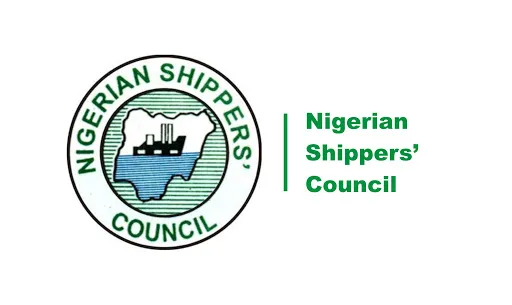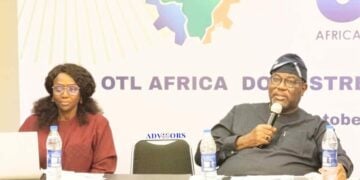The Nigerian Shippers Council (NSC) has frowned at the continued detention of already cleared cargoes from the Seaports by officers of the Nigeria Police Force (NPF), saying it doesn’t facilitate trade.
Speaking, on Tuesday, during a Multi-Agency Stakeholders Enlightenment programme organised by the council in collaboration with the Presidential Enabling Business Environment Council (PEBEC), the executive Secretary of the council, Rt Hon. Emmanuel Jime, ordered other agencies of government to stop checking or detaining containers already cleared by the Nigeria Customs Service (NCS) along the port corridor or inside the ports.
Jime wondered why Police officers would flag an already cleared and released container from the seaports.
“It wouldn’t be nice for agencies to protect territories. The problem we have now is that we have Customs on the one hand checking cargoes, and police on the other hand also checking cargoes. These are things that shouldn’t exist. If Customs clears a cargo, the Police does not have the authority to detain such cargo,” Jime stated.
He continued, “If Police have intelligence on a cargo, they should escort the container to the final spot of discharge and then check the container right there. Congesting our ports or ports access roads with detained containers is not helping the ease of doing business at our ports. We see these problems every day and every agency of government has their roles cut out for them.”
“NPA, NSC, NAFDAC, and others, we all have our different roles cut out for us. Let us look at how we can interface with each other and harmonise our operations to help facilitate trade.”
If NAFDAC flags a container that has already been cleared by SON, it shouldn’t lead to clogging of the port’s access roads or port congestion and need to harmonise our operations for the benefit of the country.”
Jime also stated that the nation’s economy is hinged on agricultural export, thereby, calling for easy facilitation of export cargoes at the seaports.
“We are all aware that the economic growth of this country is hinged primarily on exports. In 2021, statistics showed that just one percent increase in Nigeria’s agricultural products boosted our economic growth by 25 per cent. That means Nigeria has the potential to do much more, and we know this. However, there are two issues that serve as impediments to access to markets, and impediments to access to finance for export.
“If we can identify the problems that prevent Nigerian farmers from having access to markets for their goods or access to finance that will enable them trade their goods in the international market, then we would have been able to move a step forward.”
“We keep talking about these issues. We know them. It’s not just the shipping line charges or terminal handling charges or port charges, the issues start from the farm right till when the goods get to the ports. It will be good if Nigeria drives those policies that will enable trade, both locally and internationally.”
“We agree that PEBEC gave birth to the Export Terminals. These facilities are supposed to collaborate because we have noticed that some of these facilities have charges duplicated in three places; the Export Terminals, the Domestic Export Terminals and the ports. If the Domestic Export Terminals are doing the same thing as the Export Terminals, then there is a need for them to collaborate.
“If they are not doing the same thing, we still have to find a way where they will complement each other. Identifying bottlenecks that impede the smooth export of agro-economies and arriving at innovative solutions to overcome them should be our concern here today. There are countries that have aggressively driven exports and those countries have enjoyed a stable currency for over three or four decades. Countries like Malaysia and others fall in this regard,” he stated.





